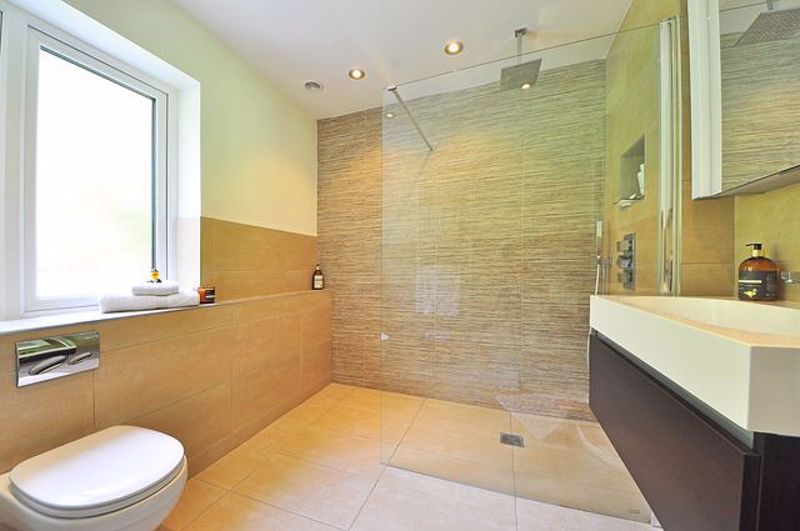The best flooring choices for a new bathroom depend on the needs of your household. Families with kids might want a durable, cost-effective and easy-to-clean option like tile. There are many choices of flooring and all cost less with a Lowes Money Saving Coupon from We Are Coupons.
Ceramic and Porcelain Tile
Tile is durable, water-resistant and comes in a wide variety of colors, shapes and textures. It is also an ideal choice for people with allergies because it doesn’t harbor dust, pet hair and other allergens like carpet can. However, it is important to note that tiles can be slick when wet and require a non-slip liquid application if used in residential or commercial wet environments. Additionally, it can be expensive and labor-intensive to install.
Ceramic and porcelain are both excellent choices for flooring and they are available in a huge selection of styles, sizes and colors. While both are hard-wearing, porcelain is slightly more dense and less porous than ceramic. Consequently, it’s better suited for wet areas than ceramic. Both types of tile are a great alternative to linoleum.
Linoleum is dated and it’s also extremely hard to clean. It scratches easily and tears easily, and those tiny tears can trap dirt and dust. It’s a poor choice for bathrooms as it absorbs water and becomes soggy, creating an unpleasant atmosphere.
If you want a more natural look to your floor, consider marble or limestone. These are beautiful options and can add a touch of luxury to your bathroom design. They are also extremely durable, but they can be a bit more costly than some other options.
Another option for a more natural feel to your bathroom is wood. Laminate and engineered hardwood can offer the beauty of real wood floors without the price tag. Both of these are moisture resistant, but laminate may be the better choice since it can be more easily installed in a DIY bathroom remodel.
Solid hardwood isn’t the best choice for wet environments, but it can be a good option for bathrooms that aren’t used frequently or if you use a rug to protect the floors from water damage. Consider using an engineered hardwood with a waterproof core if you do decide to go with solid hardwood. This will help to prevent wood expansion and contraction, reducing the risk of water damage. Tarkett’s Starfloor Click 55 and Starfloor Click Ultimate LVT collections offer a wood-look that is both durable and moisture resistant.
Natural Stone
If you’re looking to add a natural, elegant and timeless look to your new bathroom, consider stone flooring. Options like marble, granite and travertine offer an earthy, luxurious look with their unique texture and finishes. They’re durable and easy to clean, making them a good option for busy homes. Because they’re not slippery, they’re also safe for families and kids.
Natural stone is a hard, durable material that’s available in an array of naturally-occurring colors and patterns. It’s offered as tiles, planks and even mosaics backed with mesh to hold the smaller pieces together. Like ceramic and porcelain tile, it’s resilient, waterproof and able to be installed in a variety of patterns. The amount and size of pores in the stone – referred to as porosity – affects its strength, stain resistance, and ability to withstand moisture. Nonporous stones, like granite and slate, are the most durable and easiest to maintain while softer, more porous stones like marble and travertine require regular applications of sealants and regular professional cleaning to prevent damage from etching caused by everyday acidic foods and drinks such as vinegar and citrus juice.
Stone tile is also a great choice for high-traffic areas, as it holds up well to heavy use without showing wear. It’s an especially popular option for kitchen backsplashes and countertops, where it creates a beautiful accent that stands the test of time. However, since it doesn’t have the same moisture resistance as vinyl and wood floors, it’s not recommended for bathrooms unless it’s sealed properly.
Hardwood and engineered hardwood aren’t the best choice for bathrooms because they lack moisture resistance and can swell or warp when exposed to water. Laminate has the same issues and isn’t a good option for areas that might get wet. The exception is cork, which is an eco-friendly option that can withstand humidity and offers above average water resistance in addition to being a comfortable floor surface that resists fatigue from prolonged standing. It’s also available in a variety of tints, shades and designs to match any design theme.




